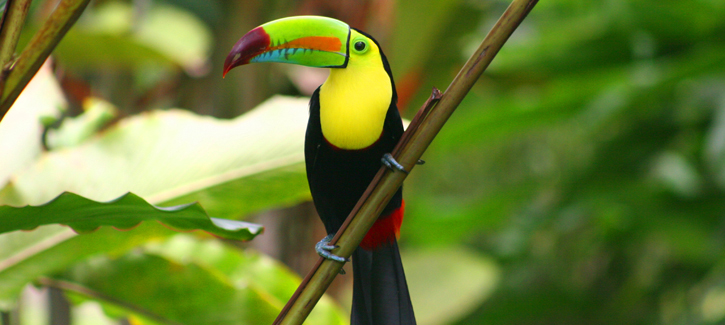
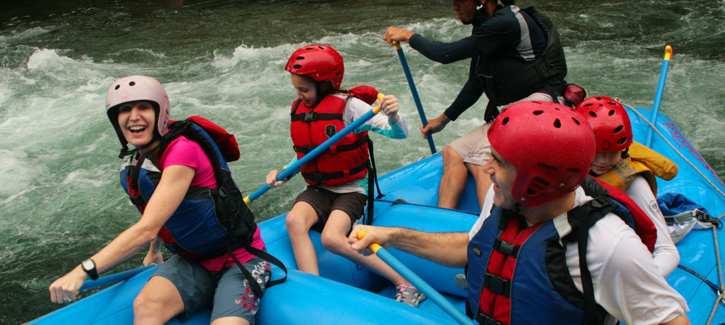

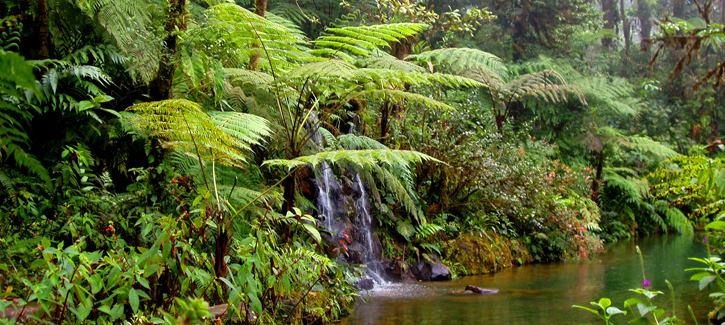
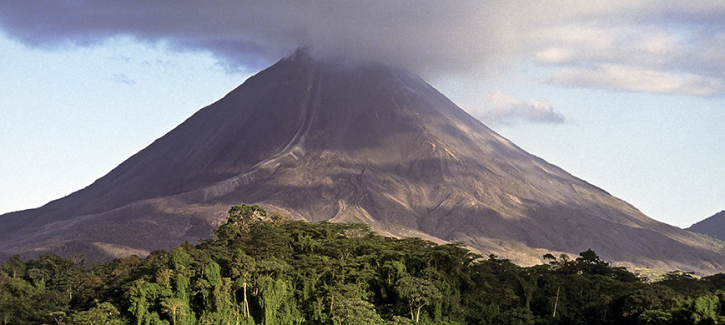
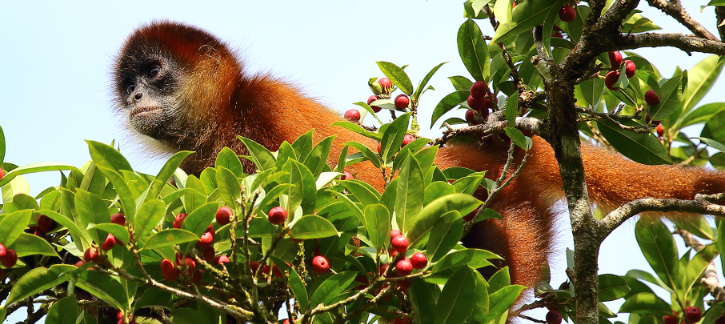
When traveling to tropical countries people tend to hear warnings of malaria. This illness is one of the potential risks of traveling to any tropical country.
There are warnings to visit certain secluded districts in some of the rural areas of the country.
The Ministry of Health and the Costa Rican Social Security Fund remain vigilant and reenforcing actions in the affected areas for reducing cases. Health authorities carry out sweeping house-to-house visits to detect people with symptoms and fumigate areas near dwellings.
As it is for many destinations in the world, travelers should consider taking an anti-malarial before traveling. However, it is important to chat with your doctor first as some anti-malarial treatments work better than others, and strictly follow medical recommendations.
While there is a slight chance of getting malaria in Costa Rica, there is also a slight chance of side effects from Chloroquin, which is at least as serious as the strains of malaria that have been recorded here. What we who live here do, if anything, is use insect repellant that contains DEET (diethylmethyltoluamide) when there is a likelihood of getting bitten. (Be sure to follow the precautions on the label.) Not only will this minimize the possibility of getting malaria, but also it will help protect you from getting other insect borne diseases---not to mention itchy bites.
This all said, finally you must make your own decision about whether to use malaria prophylaxis or not.